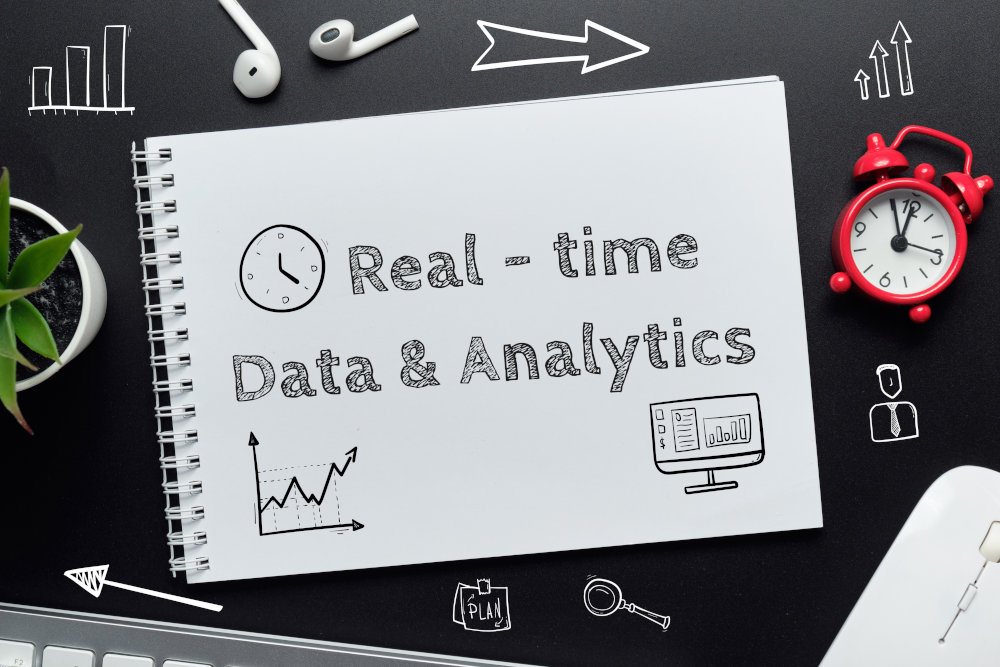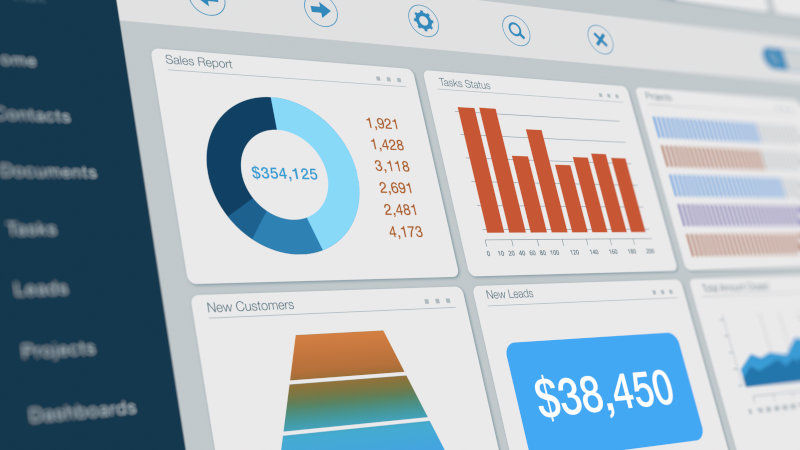Customer 360 for ↷ data leaders
Establish an architecture to simplify data access for your users
FORRESTER®
The Total Economic Impact™ of IBM Data Management
Improved Customer Experience And Operational Efficiency Enabled By IBM Data Management

Establish an architecture to simplify data access for your users
FORRESTER®
The Total Economic Impact™ of IBM Data Management
Improved Customer Experience And Operational Efficiency Enabled By IBM Data Management

According to a survey of 3,000 CEOs by the IBM Institute for Business Value, improving the customer experience is the #1 business priority of the highest performing enterprise organizations. This will likely include taking advantage of analytics for hyper-personalization and next-best-offers, while infusing compliance, privacy, and fraud identification capabilities for better overall customer care. Accomplishing this relies on a simplified, governed, single view of a customer across multiple data sources.
To help achieve this, a data fabric architecture helps ensure quality data can be accessed by the right people, at the right time, no matter where it resides. This data fabric architecture provides a strong foundation for 360-degree customer intelligence, enabling a customer centric approach with multicloud data integration, data governance and compliance, and MLOps capabilities.
Having a 360° view of customers is essential because whether you operate in a B2B or B2C environment, your customers expect you to be knowledgeable about their needs and history with your company during every interaction. All touchpoints must provide consistent, well-informed service. Traditionally this has been difficult to achieve due to the scattered and siloed nature of their data, but embracing a customer 360 approach with a data fabric has the potential to unlock new opportunities.
In the following sections, we explore some of the primary components of a customer 360 approach, and clients that have achieved their customer 360 vision.
Doing so will allow you to apply AI and automated analytics rather than searching for data, augmenting knowledge about your customers across your environments. This way you won’t just be collecting data, but rather connecting data to create a complete customer profile. This connection instead of collection across data types and sources (including data marts, warehouses and CRMs like Salesforce) creates a self-service, ready-for-analytics view of the customer. It creates a customer view that’s high-quality and easily accessible—but only by those who should have access. Only then is it ready for use in the analytics and AI models which will be needed to inform customer interactions.

Organizations are looking to use the data they already have, bringing in data of different types from a variety of sources, in order to capture a complete understanding of individual clients and customers. The goal is to retain or convert their customers and prospects, adding value to the varying conversations and touchpoints the customer has, all while utilizing analytics to speak and target intelligently. The challenge, then, is how to connect your data in such a way that you have robust, high-quality insight available to delight each individual customer at every touchpoint, while also balancing compliance requirements. A customer 360 approach is the answer. Creating this all-important 360° view requires breaking down silos in order to develop an integrated view of all your data that’s in near-real-time and ready for analytics.
It is critical that you bring together disparate data into a single 360° view of customers and processes for users to collaborate and innovate. Customer 360 solutions let you build these accurate views of customers at scale, quickly, for better self-service and data stewardship.
At the heart of customer 360 is data governance, which provides a singular view of critical entities typically stored and potentially duplicated in siloed applications. Governance helps achieve customer-centricity or product-centricity by providing that trusted, 360-degree view of organizational data that gives you the capability to easily find, reconcile and consume data and identify relationships within context across a variety of use cases.
In addition to governance, automation helps to resolve multiple siloed records to a customer entity, and this simplification for analytics, ML or customer care enables self-service access for business users to achieve accelerated insights, customer personalization, and compliance. This automation across connected sources brings timely, quality data to downstream applications, like customer care applications, to bring the customer 360 degree view to action.

IBM Cloud Pak® for Data is a platform built specifically with a data fabric architecture in mind in order to predict outcomes faster and allow you to collect, organize and analyze your data, no matter where it may reside. The platform thus helps to improve productivity and reduce complexity by building a data fabric that connects siloed data distributed across a hybrid cloud landscape.
IIBM provides both software and as-a-Service data virtualization capabilities to enable a single view of customer data across silos. Data virtualization breaks down silos and queries multiple sources to integrate and enforce governed data access.
IBM Watson® Knowledge Catalog is a data catalog tool that powers intelligent, self-service discovery of data, models and more. The cloud-based enterprise metadata repository activates information for AI, machine learning, and deep learning. You can access, curate, categorize, and share data, knowledge assets, and their relationships, wherever they reside. Through rule-based data masking, the customer’s sensitive data is protected and only made available to those with permission to see.
IBM Match 360 with Watson® on IBM Cloud Pak for Data seamlessly consolidates data from disparate sources to establish a single, trusted, 360-degree view of your customers. It includes cloud-native, machine-learning-assisted, self-service analytics and matching tools that deliver business insights so you can ensure that your users and systems have a total view of your data. With a seamlessly integrated, cross-solution cloud experience, your users can discover master data directly in the space where they expect to consume it.
Connect with us below and one of our sales representatives will reach out to you to schedule a meeting. We look forward to helping you bring the fabric to your data!

